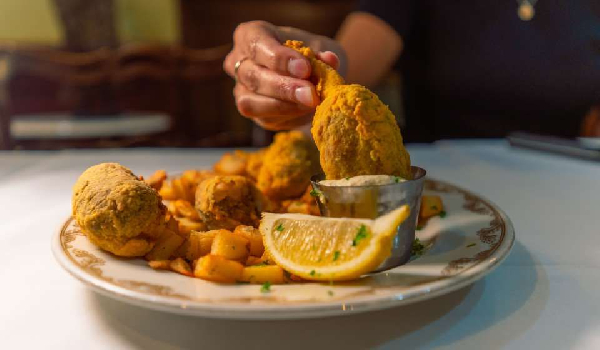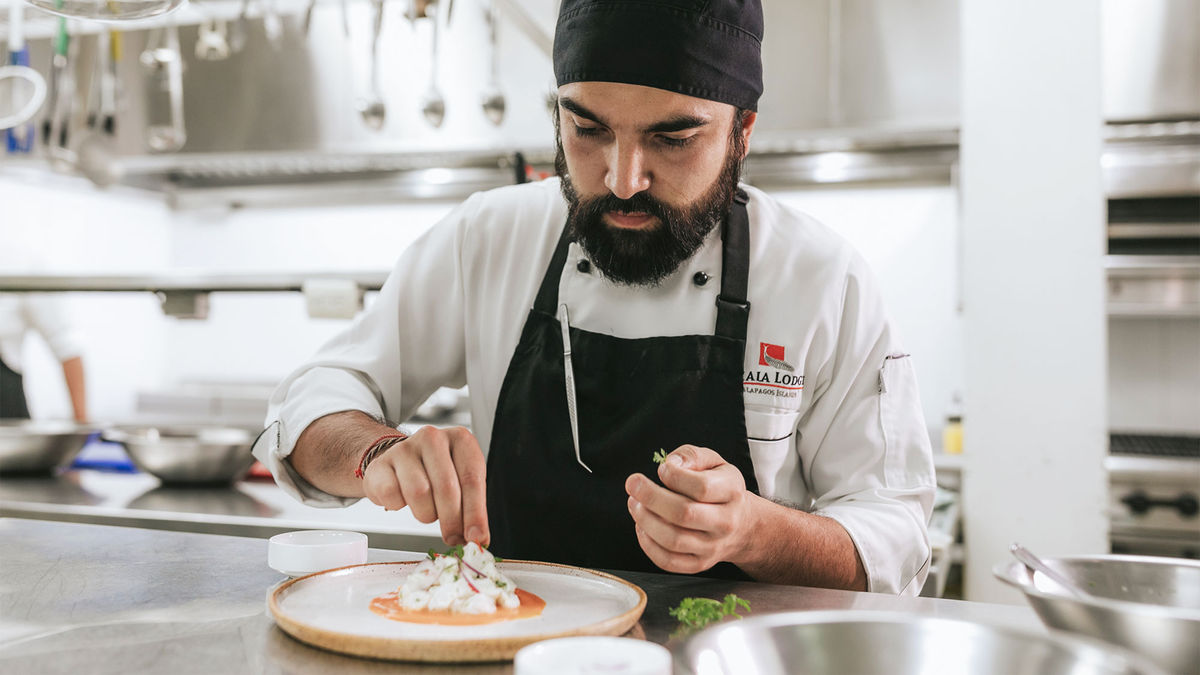Exploring how culinary travel can redefine tourism

As the world becomes increasingly interconnected, travelers are seeking more immersive and authentic experiences that go beyond traditional sightseeing. While some prefer to explore new destinations through social media, food tourism cannot be fully experienced through screens. It must be seen, smelled, and tasted firsthand. Culinary travel, or food tourism, has emerged as a powerful tool to redefine the tourism industry. By exploring the rich culinary heritage of a destination, travelers gain a deeper understanding of the local culture, traditions, and history.
The Rise of Culinary Travel
Culinary travel has become a significant trend in the tourism industry, with food enthusiasts and travelers alike seeking unique and authentic culinary experiences. According to the World Food Travel Association, food tourism accounts for approximately 25% of global tourism revenue. This growing interest has led to the rise of food-focused tours, cooking classes, and culinary festivals.
Food is more than just sustenance; it’s a reflection of a culture’s history, traditions, and values. Culinary travel allows travelers to explore the heart of a destination’s culture by learning about local ingredients, cooking techniques, and dining customs. For example:
– In Ghana, the traditional dish of fufu and light soup is a symbol of community and hospitality, especially among the Akan tribe, where fufu is often served to welcome guests.
– In Nigeria, the dish Ofe Owerri, an Igbo specialty, symbolizes unity and cooperation. The custom of serving kola nuts to visitors also highlights the value of hospitality.
– In Japan, sushi-making is an art form that reflects deep respect for tradition and nature.
– In India, the use of diverse spices showcases the country’s rich cultural heritage and regional culinary variations.
Redefining Tourism: The Benefits of Culinary Travel
Culinary travel offers numerous benefits to both travelers and local communities:
– Cultural Exchange: Travelers engage with local chefs, food producers, and artisans, fostering cultural exchange.
– Economic Growth: Food tourism supports local economies by generating revenue for small-scale farmers, food producers, and restaurants.
– Authenticity: Culinary travel provides an authentic experience, connecting travelers with local lifestyles.
– Sustainability: Food tourism encourages sustainable practices by supporting local food systems and reducing the carbon footprint of imported goods.
Destination Spotlight: Ghana
Ghana, a West African country, boasts a vibrant culinary scene that reflects its rich cultural heritage. From traditional dishes like jollof rice and fufu to modern fusion cuisine, Ghanaian food is a testament to the country’s diversity.
– Accra Food Festival: A celebration of Ghanaian cuisine featuring local chefs, food producers, and artisans, including popular events like the Gbob3 festival.
– Cooking Classes:Travelers can learn traditional Ghanaian cooking techniques and recipes from local chefs.
– Market Tours: Explore Accra’s bustling markets, such as Makola Market, Alogboshe Market, and Malata Market, discovering local ingredients and spices.
Ghana and Nigeria: A Culinary Connection
Did you know that many foods are shared between Ghanaian and Nigerian cuisines, with only slight differences?
In Ghana, a popular dish called konkonte is made from dried cassava flour. In Nigeria, a similar dish called amala is made from dried yam flour. Both dishes are prepared in nearly identical ways, with the primary difference being the type of flour used.
– Wouldn’t it be interesting for a Ghanaian to try amala or a Nigerian to try konkonte?
Another well-known example is the long-standing debate between Ghana Jollof and Nigerian Jollof. Travelers are often intrigued by this rivalry and eager to taste both versions to decide for themselves.
Similarly, Ghana’s palmnut soup and Nigeria’s banga soup are both made from palm fruit, though the taste may vary depending on other ingredients used.
– As a Ghanaian, would you like to try banga soup? Or as a Nigerian, would you like to experience Ghana’s version?
Even the snack akara (in Nigeria) and koose (in Ghana) are essentially the same dish—fried bean cakes seasoned with spices.
These are just a few examples, but many more culinary connections are waiting to be uncovered.
Food Tourism: A Growing Trend
Tourism can be promoted in many diverse ways, and food tourism is one of the most exciting and immersive. Culinary travel has the power to redefine tourism by offering travelers a deeper and more authentic experience. As the tourism industry evolves, culinary travel will continue to play a pivotal role in shaping its future.
So, immerse yourself in local cuisine and cooking techniques. Explore beyond the usual tourist areas to discover hidden gems and authentic culinary experiences. Embark on a culinary journey and uncover the rich cultural heritage of your next destination. Savor the flavors, traditions, and stories that make travel truly unforgettable, and help promote and redefine tourism through food.
By: Forgive Esinam Quarshie
Intern, Ghana Tourism Authority (Marketing Dept.)
KNUST
link





